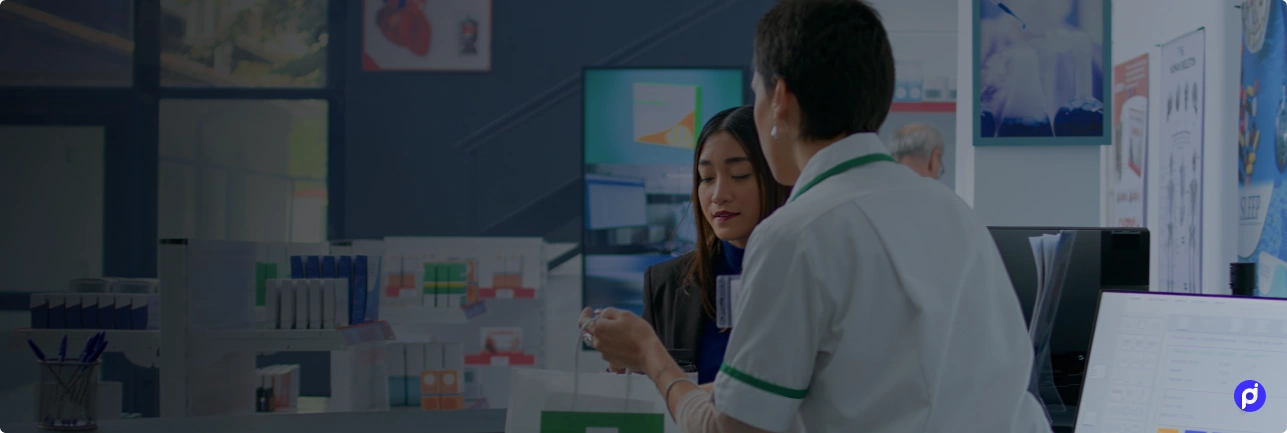Enjoying delicious dishes has become a craze. People want to eat meals without travelling to restaurants. This is all possible with technology. Technology has a vital role from ordering food with a simple tap on a smartphone to tracking delivery in real-time. Let’s delve into the various ways technology offered by a Food Delivery App Development Company has reshaped this industry.
Ways Technology has Revolutionized the Industry:
1.Seamless Ordering Experience
Gone are the days of calling restaurants to place an order and waiting endlessly for delivery. With the advent of food delivery apps, customers now have the convenience of browsing through menus, selecting their favorite dishes, and placing orders with just a few clicks. This seamless ordering experience not only saves time but also offers a wide range of options at the fingertips of consumers.
2. Efficient Delivery Logistics
One of the key challenges in food delivery has always been ensuring timely and efficient delivery. Technology has addressed this issue through innovative solutions like GPS tracking and route optimization. Delivery personnel equipped with smartphones can navigate through traffic and find the quickest routes to reach customers’ doorsteps promptly. This not only enhances customer satisfaction but also improves overall operational efficiency for food delivery businesses.
3. Personalized Recommendations
Food delivery apps leverage data analytics and artificial intelligence to provide personalized recommendations to users based on their preferences, order history, and location. By analyzing past orders and user behavior, these apps can suggest relevant cuisines, restaurants, and deals tailored to individual tastes. This personalized approach enhances the user experience and encourages repeat orders, driving business growth for food delivery platforms.
4. Enhanced Customer Engagement
Technology has enabled food delivery companies to engage with customers in new and innovative ways. From push notifications about special offers to interactive feedback mechanisms, these apps keep users informed and involved throughout the ordering and delivery process. Additionally, features like in-app chat support allow customers to communicate directly with customer service representatives, addressing any concerns or queries promptly.
5. Integration of Payment Solutions
Convenience is paramount in the realm of food delivery, and technology has made payments hassle-free through the integration of various payment solutions. Customers can choose from a plethora of payment options, including credit/debit cards, mobile wallets, and digital payment platforms. Additionally, features like secure payment gateways and tokenization ensure the security of transactions, instilling trust and confidence among users.
6. Contactless Delivery
In response to the global pandemic, contactless delivery has emerged as a crucial feature in food delivery services. Technology has played a pivotal role in facilitating contactless transactions, from online payments to doorstep delivery without physical interaction. By minimizing direct contact between delivery personnel and customers, contactless delivery ensures safety and hygiene, addressing concerns related to public health.
7. Sustainability Initiatives
With growing awareness about environmental sustainability, food delivery companies are leveraging technology to adopt eco-friendly practices. This includes optimizing delivery routes to reduce carbon emissions, implementing packaging solutions that are recyclable or biodegradable, and partnering with local vendors to source ingredients sustainably. By incorporating these initiatives, food delivery apps contribute to environmental conservation while meeting the evolving preferences of environmentally conscious consumers.
Conclusion
Technology has played a pivotal role in revolutionizing the food delivery industry, offering unparalleled convenience, efficiency, and personalized experiences to customers. From seamless ordering and efficient delivery logistics to personalized recommendations and contactless transactions, technology has reshaped every aspect of the food delivery ecosystem. As the industry continues to evolve, embracing emerging technologies will be key to staying ahead of the curve and meeting the ever-changing needs of consumers.
Associating with a reputable Food Delivery App Development Company can provide businesses with the expertise and resources needed to harness the power of technology and thrive in the competitive landscape of the food delivery industry.
The FAQ’s:
FAQ 1: How does technology ensure the safety of food during delivery, especially in times like the COVID-19 pandemic?
Answer: Technology facilitates contactless delivery, a feature that has become essential in ensuring safety during the pandemic. This involves online payment options and instructions for delivery personnel to leave orders at the doorstep, minimizing physical interaction between customers and delivery staff.
FAQ 2: Can food delivery apps accommodate special dietary needs or preferences?
Answer: Yes, food delivery apps utilize data analytics and AI to personalize recommendations based on user preferences, including dietary restrictions or preferences. Users can often filter menu options based on dietary requirements such as gluten-free, vegan, or vegetarian, ensuring a tailored dining experience.
FAQ 3: How do food delivery apps handle issues like late deliveries or incorrect orders?
Answer: Food delivery apps typically have robust customer support systems, including in-app chat support, to address any issues promptly. Users can reach out to customer service representatives to report late deliveries or incorrect orders, and the app will take appropriate actions such as refunds or reorders to rectify the situation.
FAQ 4: Are there options for payment security when using food delivery apps?
Answer: Yes, food delivery apps integrate various payment solutions with secure payment gateways and tokenization to ensure the security of transactions. Users can choose from multiple payment options, including credit/debit cards, mobile wallets, and digital payment platforms, with confidence in the safety of their financial information.
FAQ 5: How do food delivery apps contribute to environmental sustainability?
Answer: Food delivery apps adopt sustainability initiatives facilitated by technology, such as optimizing delivery routes to reduce carbon emissions and partnering with vendors who prioritize sustainable sourcing practices. Additionally, many apps offer options for eco-friendly packaging, contributing to environmental conservation efforts.















